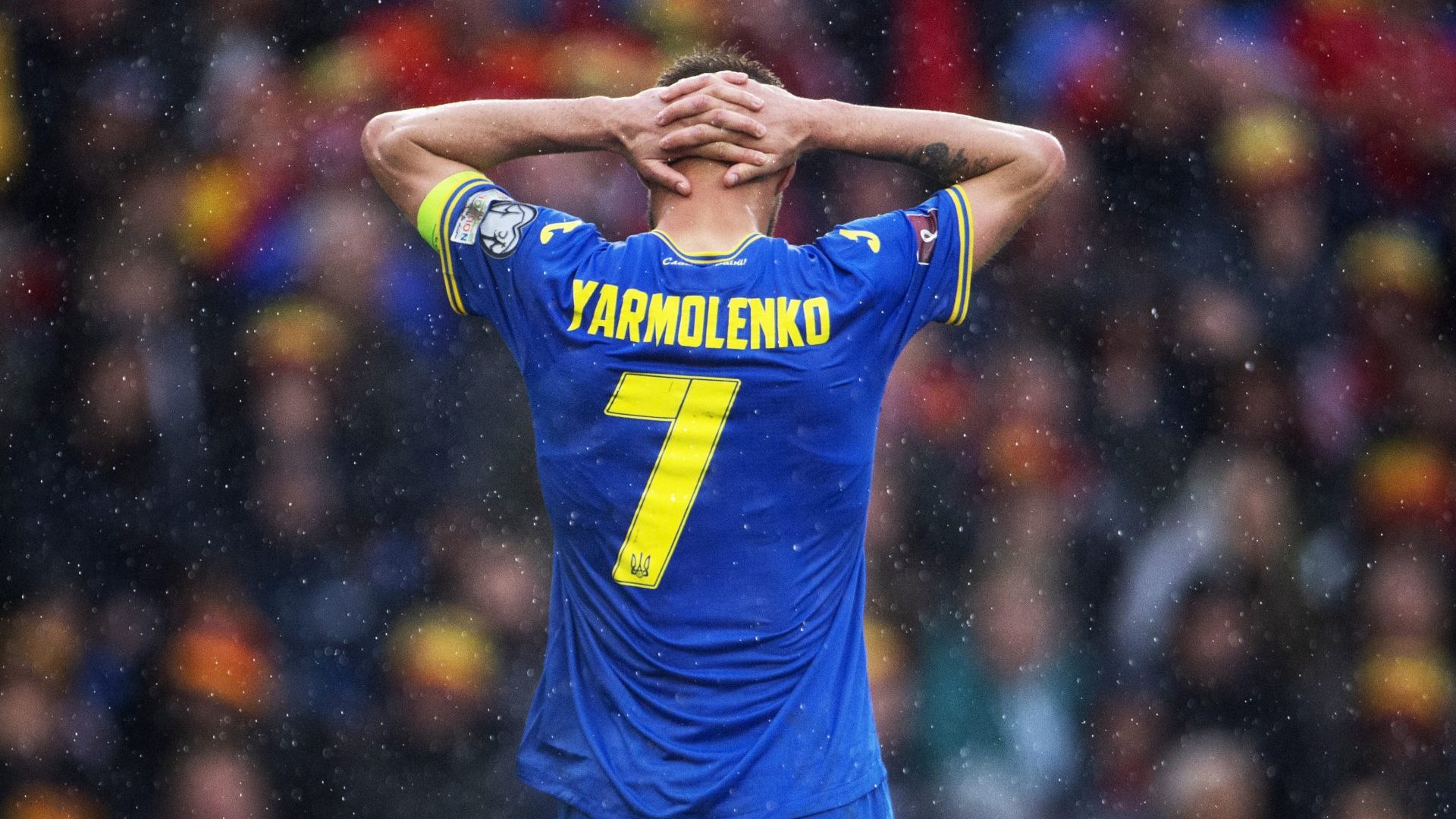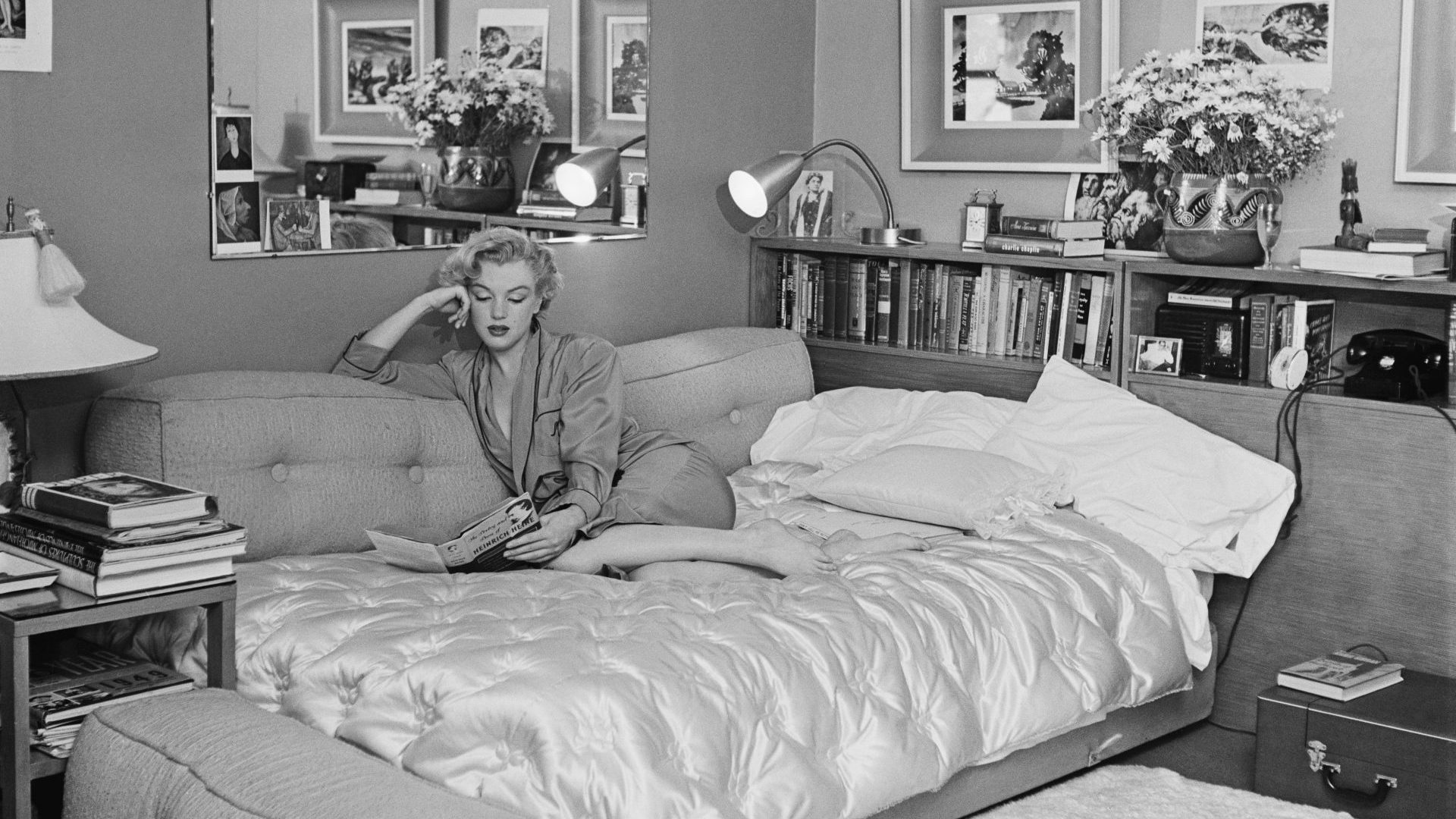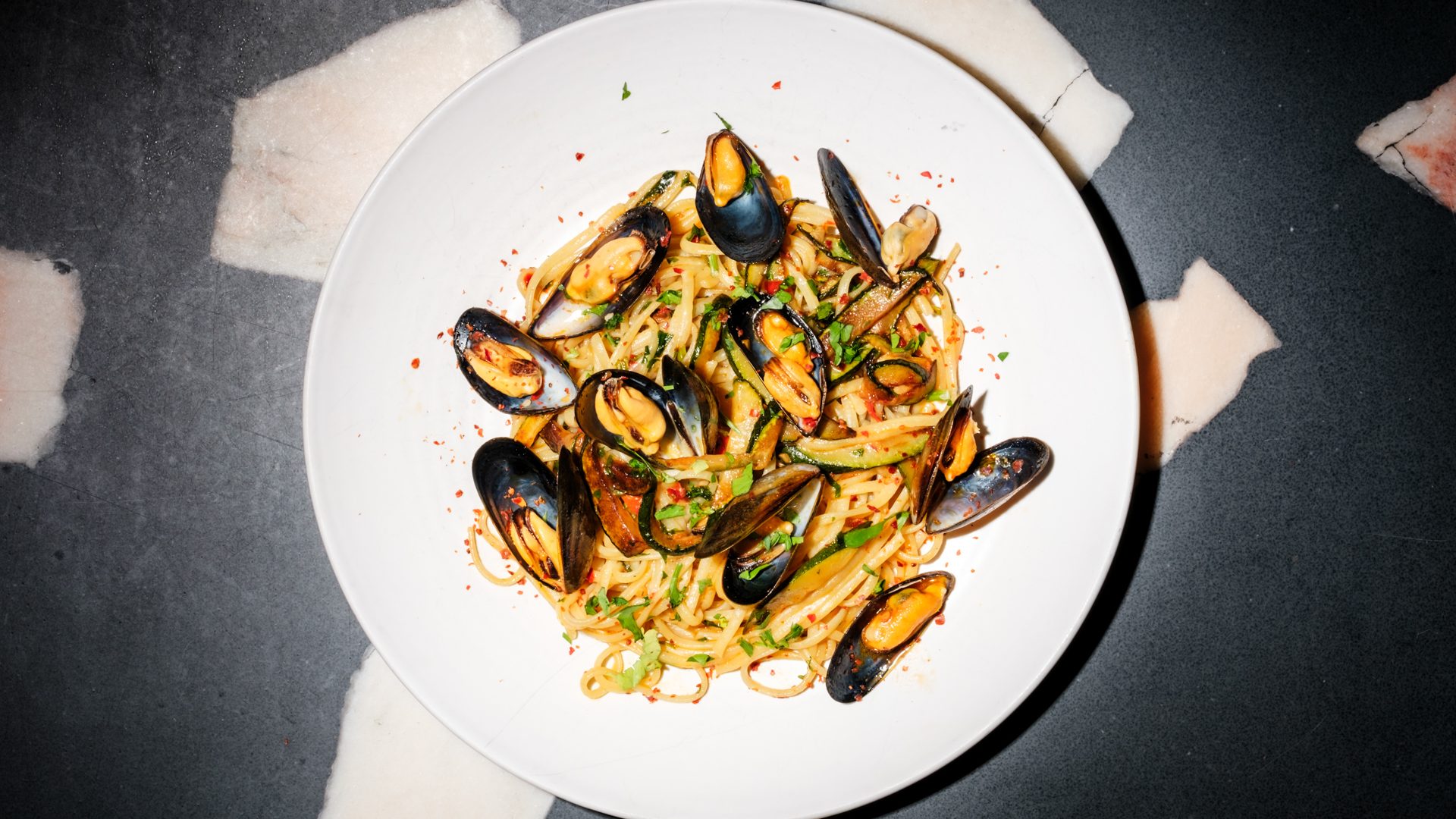Three extraordinary events in 10 days destroy the notion that playing games
does not provide succour to people being bombed in their homes, or simply being attacked for showing their support. One was the Champions League final that was preceded by a prohibition order against wearing club colours in the vicinity of Champs-Élysées, with the threat of a €135 (£115) fine. This was the prelude to riot police indiscriminately pepper-spraying fans outside the Stade de France. So much for Liberté, egalité, fraternité.
The second was Ukraine’s scarcely believable performance in World Cup qualification in Glasgow. Half the Ukrainian team had not played a competitive match in five months but as they outran and outplayed Scotland, they were cheered by front-line soldiers in the trenches and by the elderly hiding in bomb shelters 3,000km away in the Donbas.
That Ukraine could muster a side at all, or that Volodymyr Zelensky had personally instructed the coach and players to forgo taking up arms and to set up a training camp in Slovenia, echoed the notion of sport as “the moral
equivalent of war”. That description emanates from a lecture in New York in
1906 by the psychologist William James. Many might say the Greeks in Ancient Olympia thought of it first.
Ukraine’s team and their nation are bonded by a heinous war inflicted on them. But this was not a sympathy waiver like the Eurovision song contest vote for the Kalush Orchestra’s Stefania. It could not be. Scotland had been undefeated in 12 home games before last Wednesday, and the prize was
something they had not achieved since 1998 – World Cup qualification.
Ukraine had come through their qualification group unbeaten, too. But they had drawn six of their eight games in the process, including home and away 1-1 results against the world champions France. No matter what Steve Clarke could tell his Scottish players about “playing the match and not the occasion”, the Ukraine coach Oleksandr Petrakov had a more powerful objective.
“It is difficult when every player is thinking about their fathers, mothers and relatives back in Ukraine,” said the urbane Petrakov. “We are working under a lot of stress, but we are trying our very best to achieve a result.”
His captain, Andriy Yarmolenko, epitomises the cause, and the madness of the war back home. Yarmolenko is 32 and out of contract. His career at West Ham United was blighted by a ruptured Achilles tendon and by Covid and we can clearly see that he is carrying weight – his pace and his career are winding down.
Something else about Yarmolenko is that he was born in Russia. Indeed, he
and Vladimir Putin are both sons of Saint Petersburg (or Leningrad as it was
when both came into the world). Yarmolenko was three when his parents moved back to their home village in the northern Ukraine province of Chernihiv after the collapse of the Soviet Union.
So Putin and Yarmolenko are of the same blood. Peas in a pod. But Putin’s war, firing on his own brothers and sisters, caused Yarmolenko to dash to the Ukraine-Russia border to get his wife and child to safety and, while there, to rescue the in-laws of his team mate, the Benfica (Portugal) striker Roman Yaremchuk, from the firing line.
Yarmolenko and Yaremchuk scored the first two goals in Ukraine’s 3-1 win in Glasgow. The captain led, again, by example. His goal combined heightened effort and anticipation with outstanding deftness of touch and creativity. A winger, he sprinted from the right wing into centre-forward territory, took down a long punt through the middle of the pitch with instant control of his left foot, and lobbed the ball over the stranded Scottish goalkeeper.
Yaremchuk added the second with a classic No 9 header after his captain had again instigated the attack. So, on the ground and in the air, the Ukrainians
had secured the game long before any anticipated fall-off in physical conditioning might have been expected.
The long, long break for the winter in Eastern Europe and then the abandonment of normal life when Russia invaded, the very weekend football was due to restart, put the last remaining place for World Cup qualification into suspension. But it is a sport, players do not forget how to play, no matter how long they are kept on ice.
And Yarmolenko is captain because he has served the longest in the national team. His goal in Glasgow was the 45th he has scored in 108 matches for Ukraine, edging him close to the nation’s hero (and previous national team trainer) the former Dynamo Kyiv, AC Milan and Chelsea striker Andriy Shevchenko, who scored 48 goals in 111 games for their country.
Shevchenko went briefly into politics, fighting the 2012 Ukrainian parliamentary election as a Social Democrat. Had he won, he might have been where Zelensky is now. Instead, Shevchenko resides in Surrey with his family, which is why he was able to support the team in Glasgow.
However, there was a brutal sting in Yarmolenko’s tale in the third remarkable match of the week. The second World Cup contest came too soon for Ukraine – a final eliminator against a fresh, rested Wales in Cardiff. A game too soon physically and emotionally for men carrying the burden for a beleaguered nation.
Yarmolenko “scored” again, but in the wrong net. He got his head to a Gareth Bale free kick and deflected it out beyond his own goalkeeper. One captain to another: Yarmolenko’s unlucky twist of fate, and Bale’s delivery of a lifetime.
It meant Wales, a land of three million people, reaching their first World Cup since the John Charles era 64 years ago. It means that Bale, without a club right now, fulfils the dream of his star-studded career. And it is a kick to the groin for Ukrainian hopes of drawing comfort from sport in a time of war.




